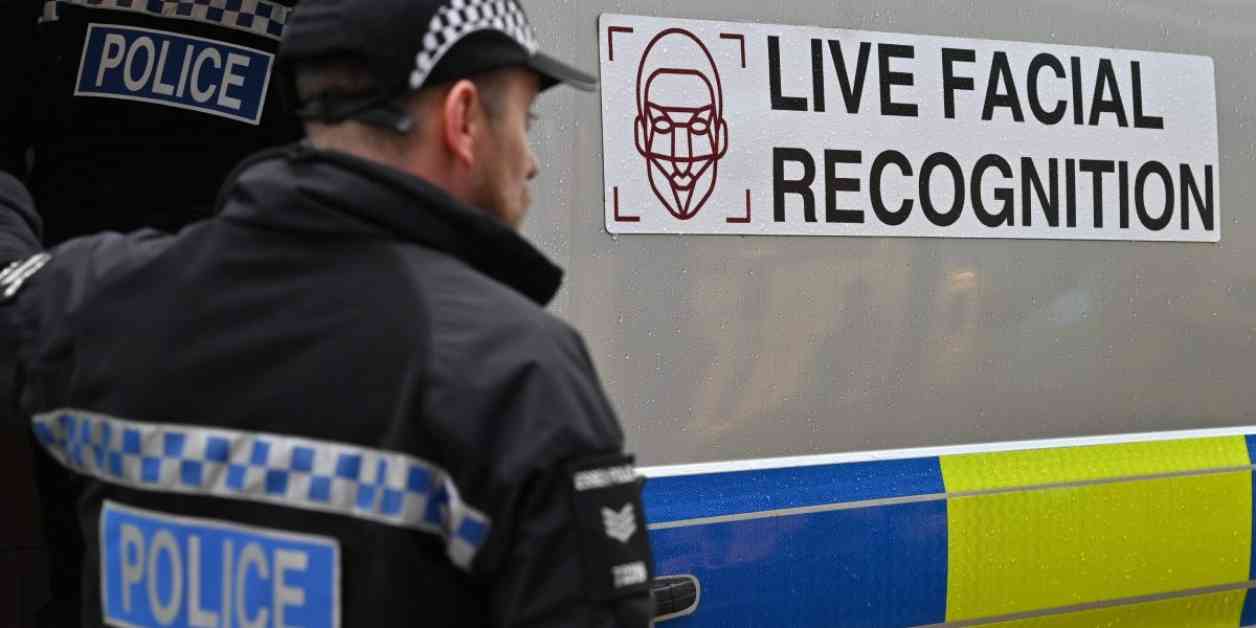**The Problem with Police Use of Biased Facial Recognition Technology**
Facial recognition technology has come under scrutiny for its flaws and biases, yet police departments continue to utilize it. In the United Kingdom, law enforcement has tested facial recognition systems on live surveillance footage in public spaces, while in the United States, police agencies are also adopting the technology despite concerns over its racial biases and lack of reliability. This has resulted in instances of wrongful arrests, raising questions about the ethical implications of using such technology in law enforcement.
**Racial Bias and Unreliability**
One of the key issues with facial recognition technology is its inherent bias, particularly against people of color. Studies have shown that these systems are more likely to misidentify individuals with darker skin tones, leading to a disproportionate number of false matches and wrongful arrests. This has serious implications for communities of color, who are already disproportionately targeted by law enforcement.
**Civil Liberties Concerns**
Beyond the issue of racial bias, the use of facial recognition technology raises significant concerns about privacy and civil liberties. Critics argue that widespread surveillance through these systems infringes on individuals’ rights to anonymity and freedom of movement. The lack of transparency and accountability in how these technologies are deployed further exacerbates these concerns, creating a potential for abuse by law enforcement agencies.
**Calls for Regulation and Oversight**
In response to these challenges, there have been growing calls for greater regulation and oversight of facial recognition technology in law enforcement. Advocates argue that clear guidelines are needed to ensure that these systems are used ethically and responsibly. Some lawmakers have proposed legislation to ban or restrict the use of facial recognition technology by police departments, while others have called for independent audits of these systems to assess their accuracy and fairness.
As we navigate the complexities of technology and law enforcement, it is crucial to consider the impact of facial recognition on our society. The human cost of wrongful arrests and the erosion of civil liberties cannot be ignored in the pursuit of so-called “security” measures. It is imperative that we engage in thoughtful discussions and take meaningful action to address the ethical and social implications of using biased facial recognition technology in policing.
Let us reflect on how we can uphold justice and protect the rights of all individuals, regardless of their race or background, in the face of advancing technologies that have the power to shape our future.



















